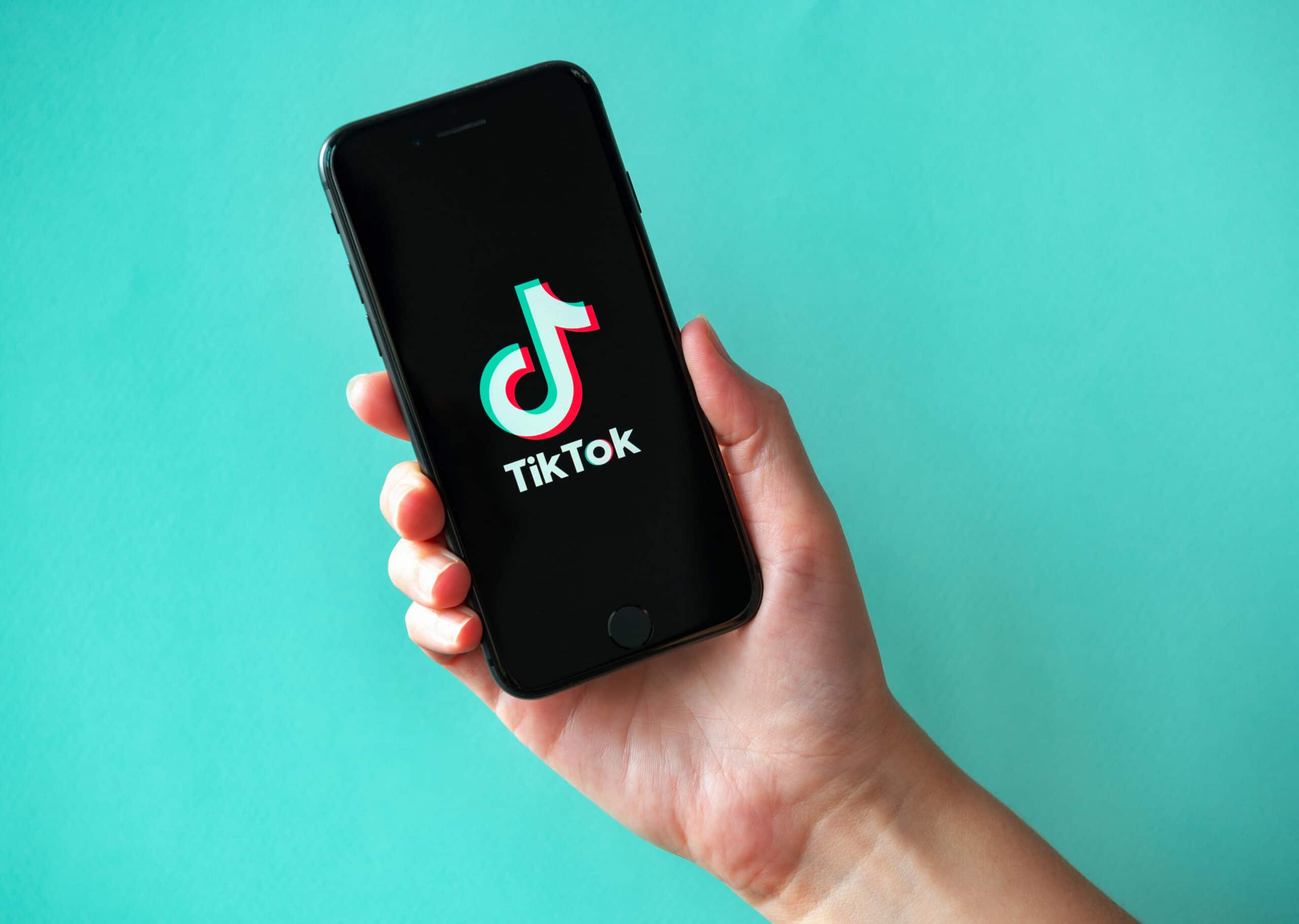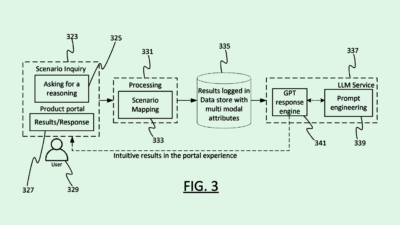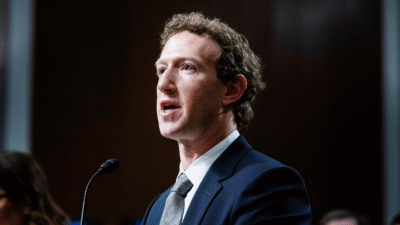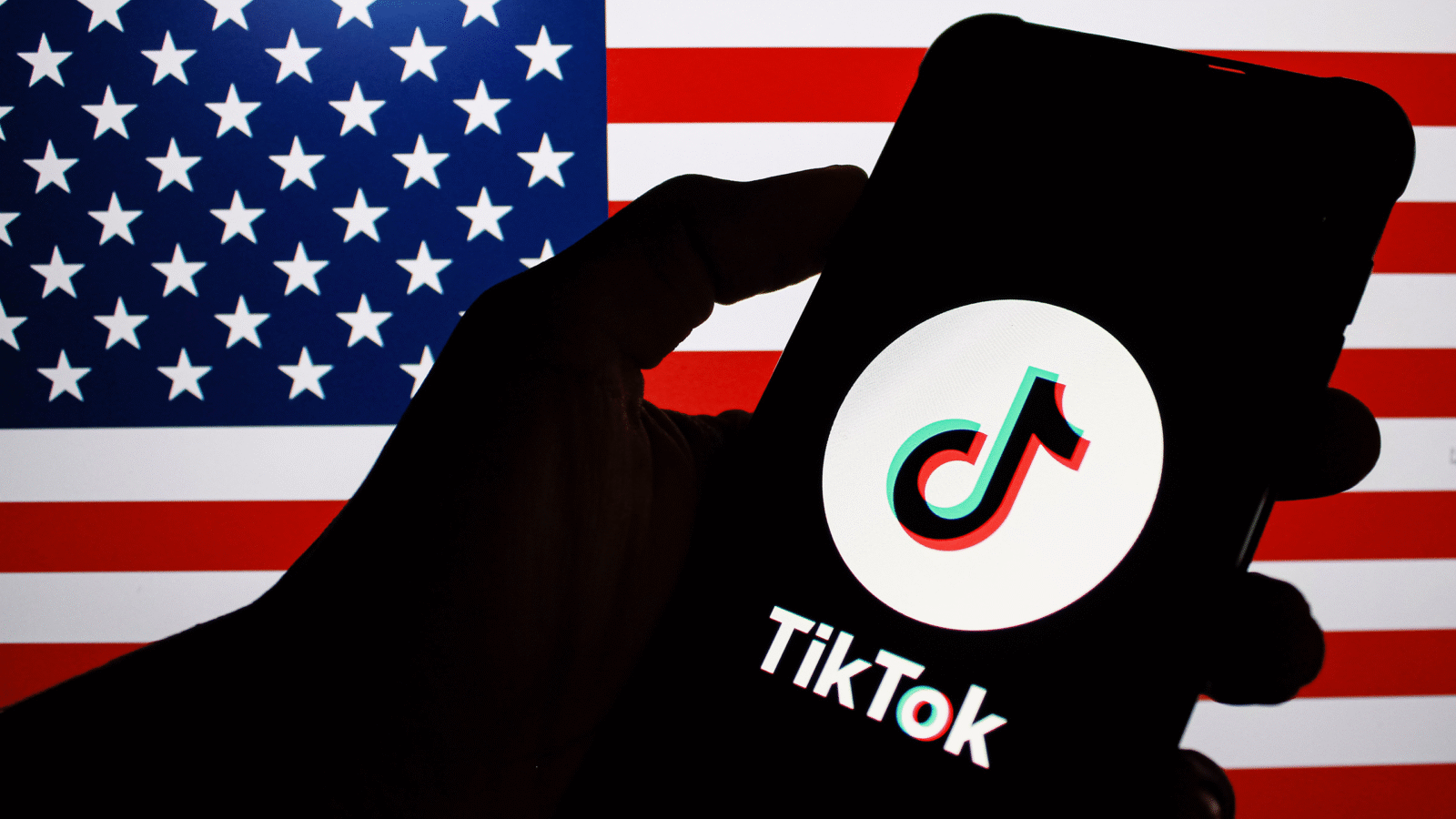
Sign up for smart news, insights, and analysis on the biggest financial stories of the day.
The internet has evolved dramatically since the days of dial-up and floppy disks. One thing that has stuck around? Cookies.
But new technologies are bringing Google closer to doing away with cookies on its ubiquitous Chrome browser.
The Way The Cookie Crumbles
For the tech-novices among us, “cookies” are small pieces of data that allow browsers to track and personalize your activity on the internet.
For users, cookies can save keystrokes on subsequent site visits by pre-filling personal info or preferences. For advertisers, cookies are a digital goldmine that allow for the tracking of browsing activity across websites and highly targeted advertisements. No doubt you know what that feels like.
What’s The Latest? Much to the chagrin of the $332 billion digital ad market, cookies are considered by some to be an invasion of privacy. Google has announce
Enter the Federated Learning of Cohorts, or FLoC, for short (pronounced “flock”). FLoC is Google’s latest cookie replacement proposal that would place users into groups based on browsing pattern habits, removing the individual nature of tracking:
- Individual user data would be kept private and strictly on the browser, which only exposes a group “cohort ID” to advertisers.
- Google says FLoC tests show advertisers can expect at least 95% of the conversions per dollar spent that they secured with cookie-based ads.
Group product manager for user trust and privacy Chetna Bindra put it simply, “The difference will really just be that now they’re no longer tracking every user across the web.”
Cohort Critics
Not everyone is convinced of the merits.
- The U.K.’s Competition and Markets Authority is exploring whether implementing FLoC would have antitrust implications, prompting advertisers to spend heavier on Google’s own tools at the expense of competitors.
- And privacy advocates are also hesitant – the Electronic Frontier Foundation has argued that cohorts could let advertisers identify and filter ad recipients based on things like income or health issues.
The Takeaway:
In defense of FLoC, Google has said clustering algorithms were adjusted to not correlate cohort groups by “sensitive categories” like race, sexuality or health status.











